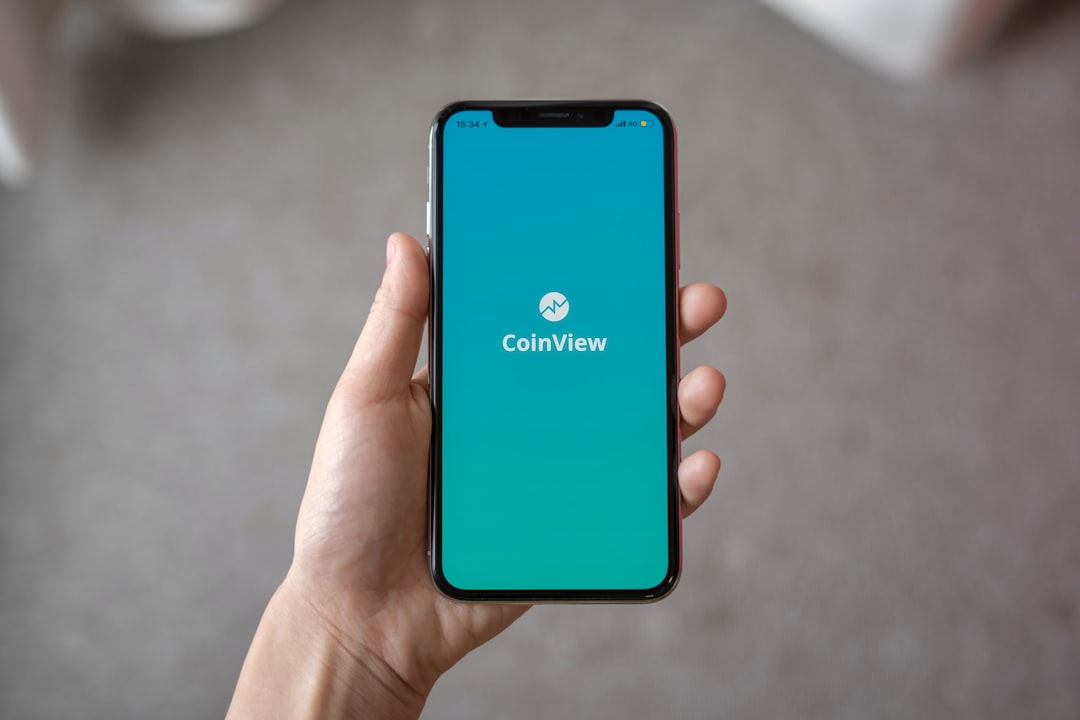Spam calls, regulated by CT's CUTPA and TCPA, are a common intrusion. Consumers have rights to refuse and seek legal recourse against violators with help from a lawyer for spam call Connecticut. Local events raise awareness, educate residents, and provide targeted legal advice. Community engagement empowers citizens through workshops, seminars, and interactive sessions. Educational workshops led by experts empower individuals to trace and report spam callers. Measuring success through turnout, feedback, surveys, and complaints aids in refining anti-spam initiatives. Lawyers specializing in Connecticut spam call cases contribute to effective legal strategies and compliance with regional regulations.
In today’s digital age, spam calls remain a persistent nuisance, but they also present an opportunity for community engagement. This article explores how local events can be powerful tools to raise awareness about spam calls and empower individuals to combat this issue. From legal perspectives in Connecticut to practical strategies like educational workshops, we guide you through effective anti-spam initiatives. Discover how these efforts not only reduce unwanted calls but also foster a more informed and united community, with tips from a lawyer specializing in spam call cases in Connecticut.
Understanding Spam Calls: Legal Perspective Connecticut

Spam calls, or unsolicited telephone marketing calls, are a pervasive issue with significant legal implications. In Connecticut, the regulation of such calls is governed by the Connecticut Unfair Trade Practices Act (CUTPA) and the Federal Telephone Consumer Protection Act (TCPA). These laws protect consumers from deceptive and harassing phone marketing practices. A lawyer for spam call Connecticut can guide individuals on their rights and help them navigate legal actions against violators.
Understanding the nature of spam calls is crucial in combating this problem. Businesses often use automated dialers to make mass calls, sometimes with pre-recorded messages, which can be extremely intrusive. While some spam calls may promote legitimate products or services, many are designed to manipulate recipients into providing personal information or making purchases impulsively. Consumers have the right to refuse such calls, and any failure by businesses to adhere to legal guidelines regarding consent and opt-out requests can result in substantial fines.
Local Events: Ideal Platforms for Awareness Campaigns

Local events present an excellent opportunity to engage directly with the community and raise awareness about spam calls. These gatherings, whether they’re community fairs, town hall meetings, or educational workshops, offer a dynamic platform to inform and educate residents about the impact of unwanted phone calls. By participating in such events as a lawyer specializing in spam call cases in Connecticut, you can deliver targeted messages and answer questions from concerned citizens, fostering a better understanding of the issue and potential legal remedies.
Moreover, local events allow for interactive and engaging presentations, including demonstrations or Q&A sessions, which can effectively communicate the complexities of spam call regulations and laws. This direct interaction not only helps in dispelling misconceptions but also encourages community members to take proactive steps against spam calls, potentially leading to increased reporting and legal actions against perpetrators.
Engaging Communities: Effective Strategies Against Spam

Community engagement is a powerful tool in the fight against spam calls. By organizing and participating in local events, such as town hall meetings or community festivals, individuals can raise awareness about the impact and tactics of spam callers. These gatherings provide an excellent platform to educate folks on recognizing and reporting spam, offering practical tips on how to protect their personal information, and emphasizing the importance of collective action.
In Connecticut, where a lawyer for spam call services might be sought after, engaging communities can lead to stronger anti-spam initiatives. Local organizations and residents can collaborate with telecommunications companies and legal experts to develop strategies that target not only the culprits but also educate the public. Workshops, seminars, and interactive sessions during community events can empower citizens to become proactive in combating spam calls, ensuring a safer and more informed environment for all Connecticut residents.
Educational Workshops: Empowering Attendees to Fight Spam

Educational workshops play a pivotal role in empowering individuals to combat spam calls effectively. These interactive sessions, often led by legal experts or anti-spam advocacy groups, provide valuable insights into the intricacies of spam call laws and regulations, specifically tailored to Connecticut’s legal landscape. Attendees gain practical knowledge about their rights and tools to trace and report spam callers, fostering a culture of digital literacy and responsibility.
Through case studies, demonstrations, and Q&A sessions, participants learn how to navigate the complexities of phone fraud, including identifying suspicious calls, blocking unwanted numbers, and understanding the legal ramifications for spammers. Armed with this knowledge, individuals can become more vigilant in protecting their personal information and that of their communities, ensuring a safer digital environment. For those seeking further assistance, connecting with a lawyer specializing in spam calls in Connecticut can provide additional resources and legal recourse against persistent or malicious callers.
Measuring Success: Evaluating Impact of Anti-Spam Initiatives

Measuring the success of anti-spam initiatives is paramount in understanding their impact and effectiveness. For instance, organizing a community event to educate locals about spam calls and their legal repercussions can significantly contribute to the overall awareness campaign. A successful event might attract a substantial turnout, indicating public interest and engagement. Post-event feedback forms or surveys can gather valuable insights from attendees, highlighting their previous experiences with spam calls and their newfound knowledge.
Additionally, tracking the number of complaints received by local authorities or consumer protection agencies after such events can provide quantifiable data on initiative impact. A marked increase in reported spam call incidents could suggest that residents are more vigilant and better equipped to identify and combat these nuisance calls. Engaging a lawyer for spam call Connecticut-based initiatives can also help refine legal strategies, ensuring that efforts align with the region’s regulations, ultimately leading to more effective anti-spam measures.






